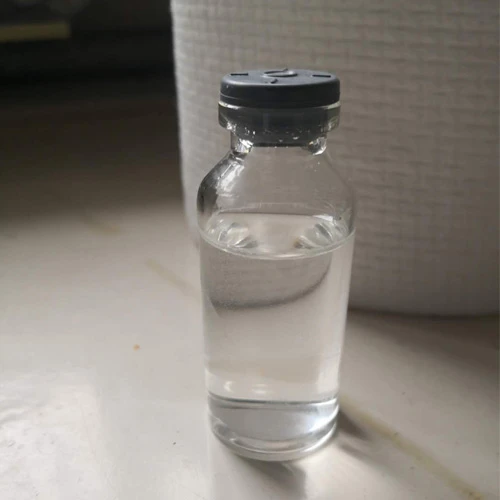The Process of Importing Active Pharmaceutical Ingredients A Comprehensive Overview
In the global pharmaceutical landscape, the importation of Active Pharmaceutical Ingredients (APIs) plays a crucial role in ensuring the production of safe and effective medications. APIs are the biologically active components of drugs that provide therapeutic effects; thus, their quality and availability are paramount. This article sheds light on the intricacies of importing APIs, highlighting the regulatory, logistical, and quality assurance considerations involved in the process.
Understanding Active Pharmaceutical Ingredients
APIs are the foundation of any pharmaceutical product, whether they come in the form of tablets, injectables, or any other formulation. They can be derived from natural sources, synthesized chemically, or produced through biotechnological processes. Given the wide variety of APIs used globally, the demand for consistent supply from various countries is essential for pharmaceutical manufacturers.
Regulatory Framework
One of the first steps in the importation process is navigating the complex regulatory landscape. Different countries have specific regulations governing the import of APIs to ensure that they meet safety and quality standards. In the United States, for instance, the Food and Drug Administration (FDA) oversees the importation process, requiring that all imported APIs comply with Current Good Manufacturing Practices (CGMP).
Before importing an API, manufacturers must ensure that the foreign facility is registered with the FDA and that the API in question has been properly listed. Moreover, importers must provide documentation, including a Certificate of Analysis (CoA), which confirms that the API meets predetermined specifications. Non-compliance with these regulations can result in shipment rejection or even legal consequences.
Choosing Reliable Suppliers
Finding reliable suppliers is crucial for any pharmaceutical company looking to import APIs. Companies must perform thorough due diligence, assessing potential suppliers’ manufacturing processes, quality control measures, and adherence to regulatory guidelines. Establishing strong relationships with reputable suppliers can safeguard against quality issues and supply disruptions.
Moreover, companies often conduct audits of their suppliers’ facilities to verify that they adhere to CGMP and other relevant regulations. These audits help build a foundation of trust and ensure that the APIs received meet the required quality standards.
importing active pharmaceutical ingredients

Logistical Considerations
Once a supplier has been chosen and all regulatory requirements are met, the next step is the logistical planning of the importation process. This includes choosing a suitable shipping method—air freight or sea freight—considering factors such as cost, time sensitivity, and the physical properties of the APIs being imported.
Proper storage conditions during transport are also critical, as many APIs are sensitive to temperature and humidity. Maintaining the integrity of the product through the supply chain is vital for ensuring its efficacy and safety upon arrival.
Quality Control and Assurance
Upon arrival, the imported APIs undergo rigorous quality control testing. This includes verifying that the APIs match the specifications outlined in the CoA, checking for contaminants, and ensuring that the storage conditions have been adequate throughout transport. Pharmaceutical companies typically have a quality assurance team responsible for testing and validating all incoming materials before they are integrated into production.
The Future of API Importation
With the increasing globalization of the pharmaceutical industry, the importation of APIs is expected to grow significantly. However, challenges remain, including the need for stricter regulatory frameworks to combat counterfeit products and ensure that all APIs are safe and effective for public use. Advances in technology, including blockchain for traceability and artificial intelligence for quality control, are set to play a crucial role in enhancing the efficiency and safety of the API supply chain.
Conclusion
In summary, importing Active Pharmaceutical Ingredients is a multifaceted process that requires careful navigation of regulations, reliable supplier relationships, logistical planning, and rigorous quality control. As the pharmaceutical industry continues to evolve, understanding these intricacies will be vital for companies aiming to deliver safe and effective medications to consumers worldwide. By prioritizing quality and compliance, the industry can help instill greater confidence in the medicines that patients rely on for their health and well-being.

